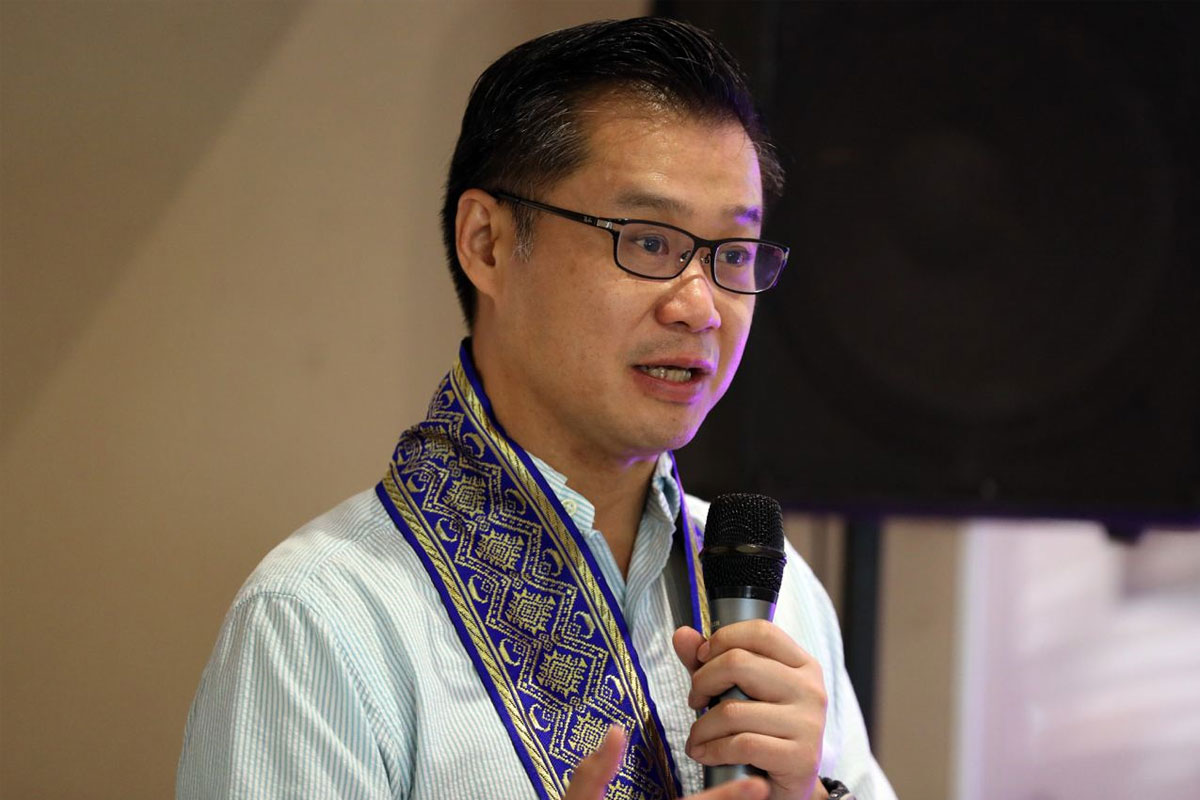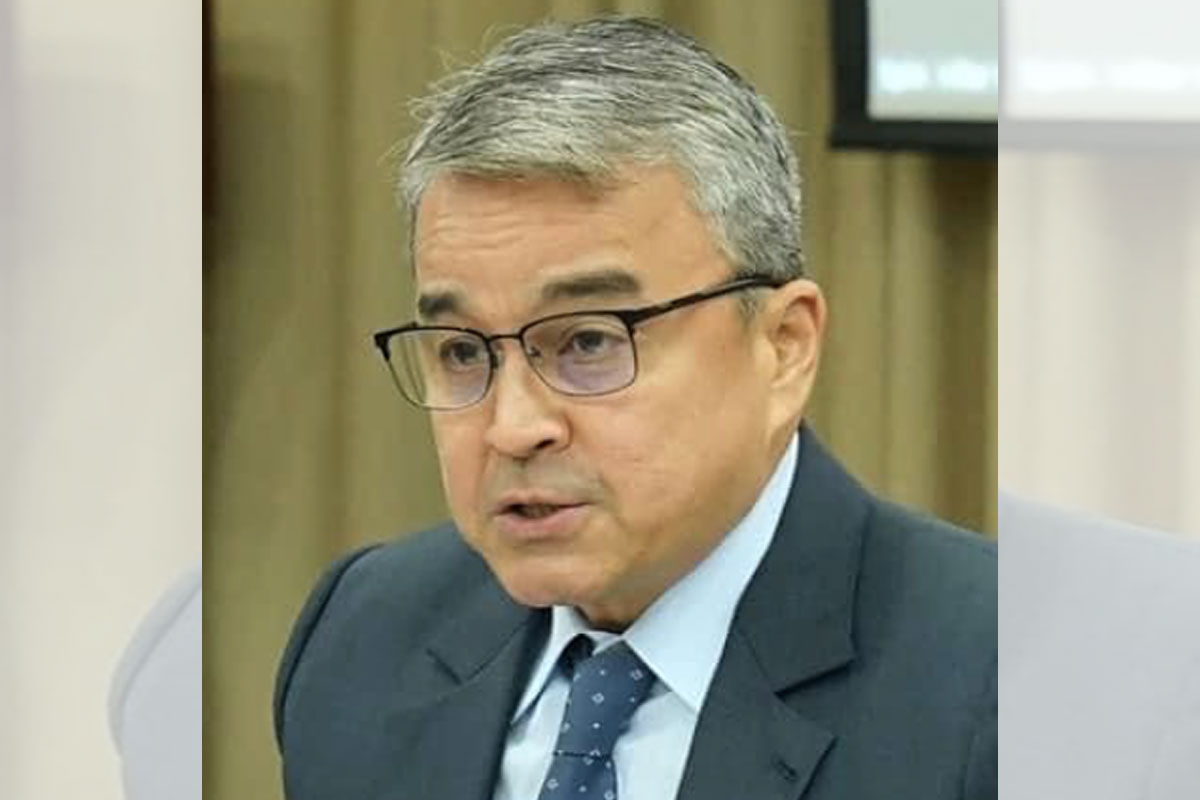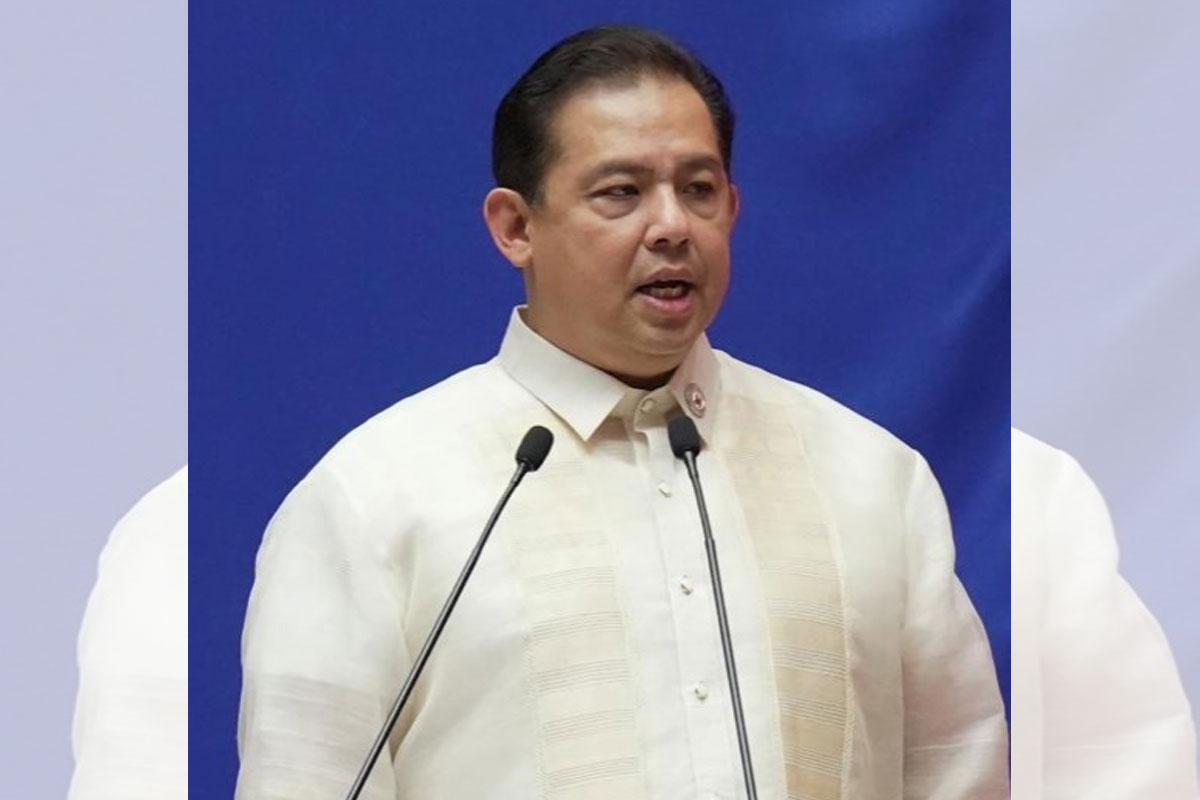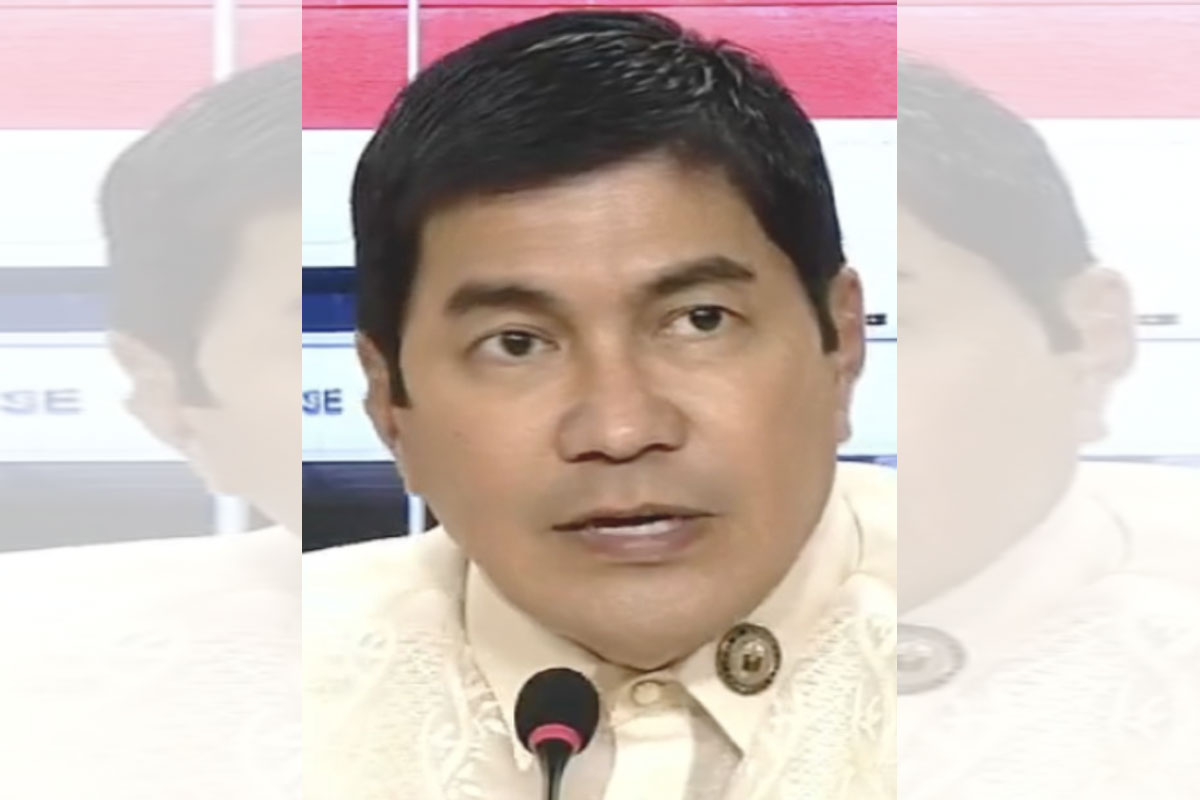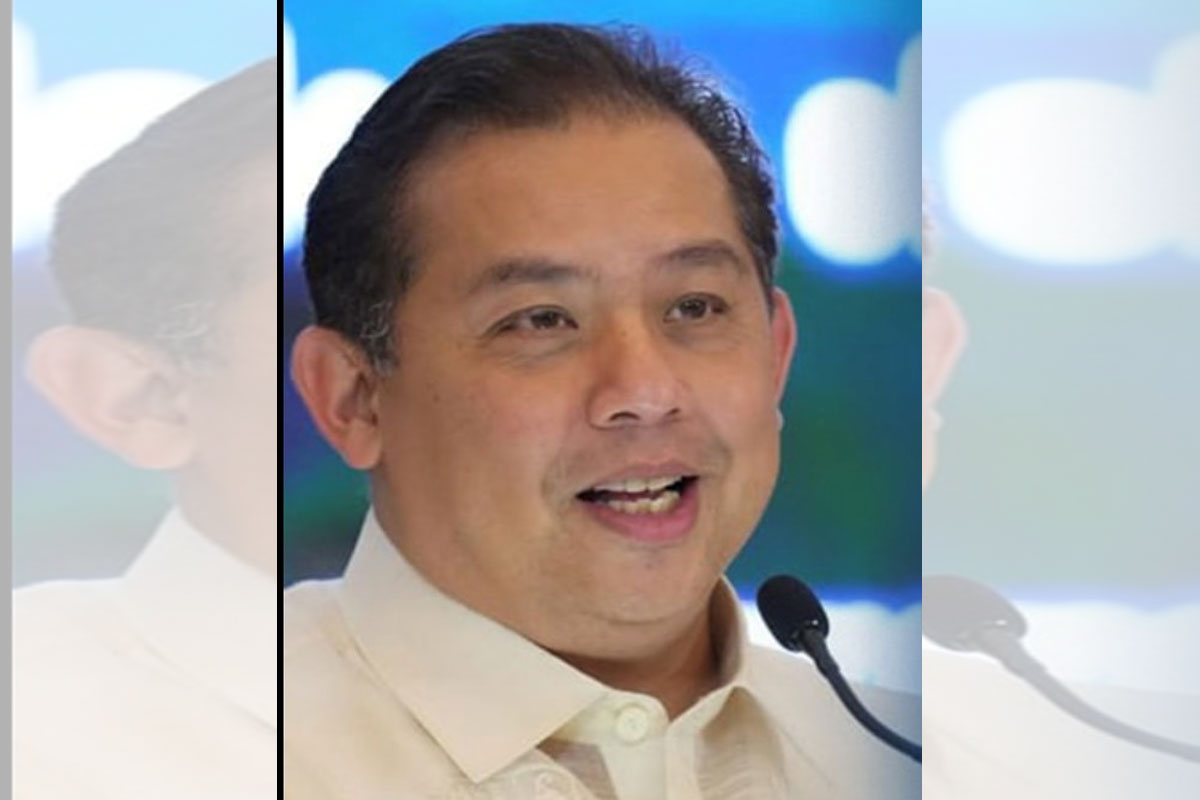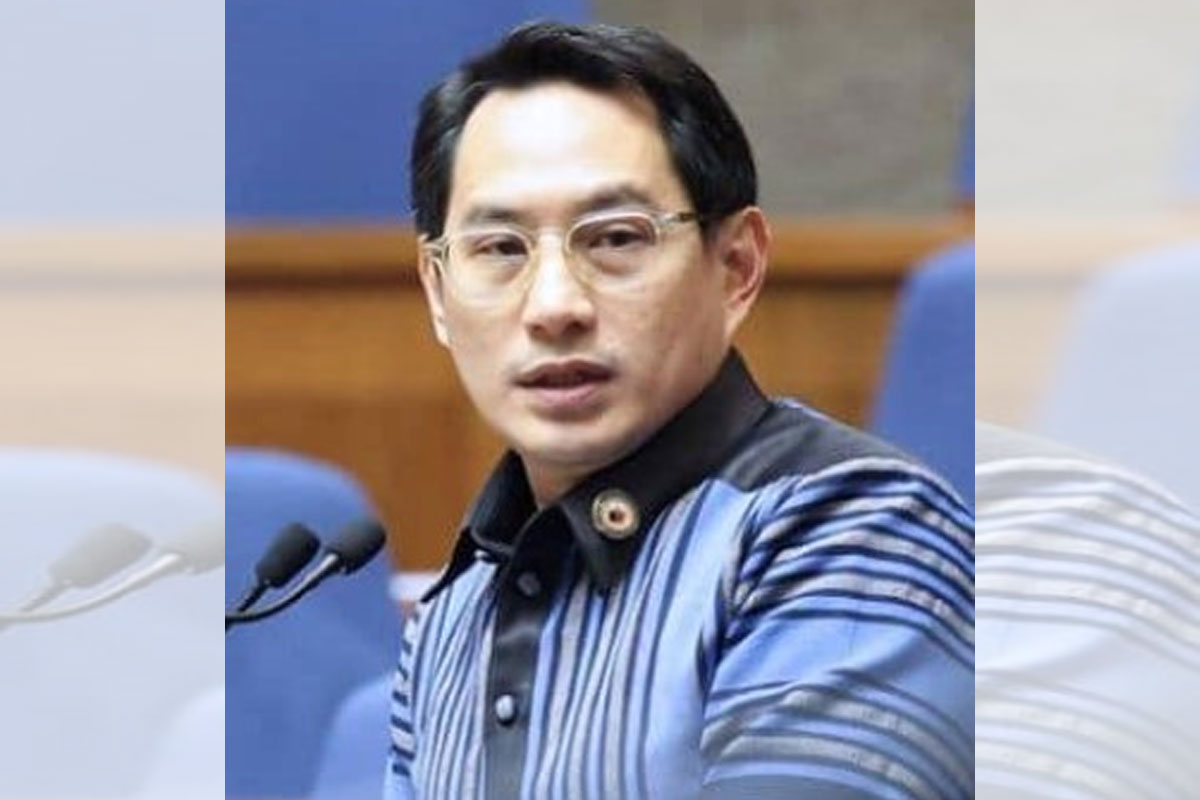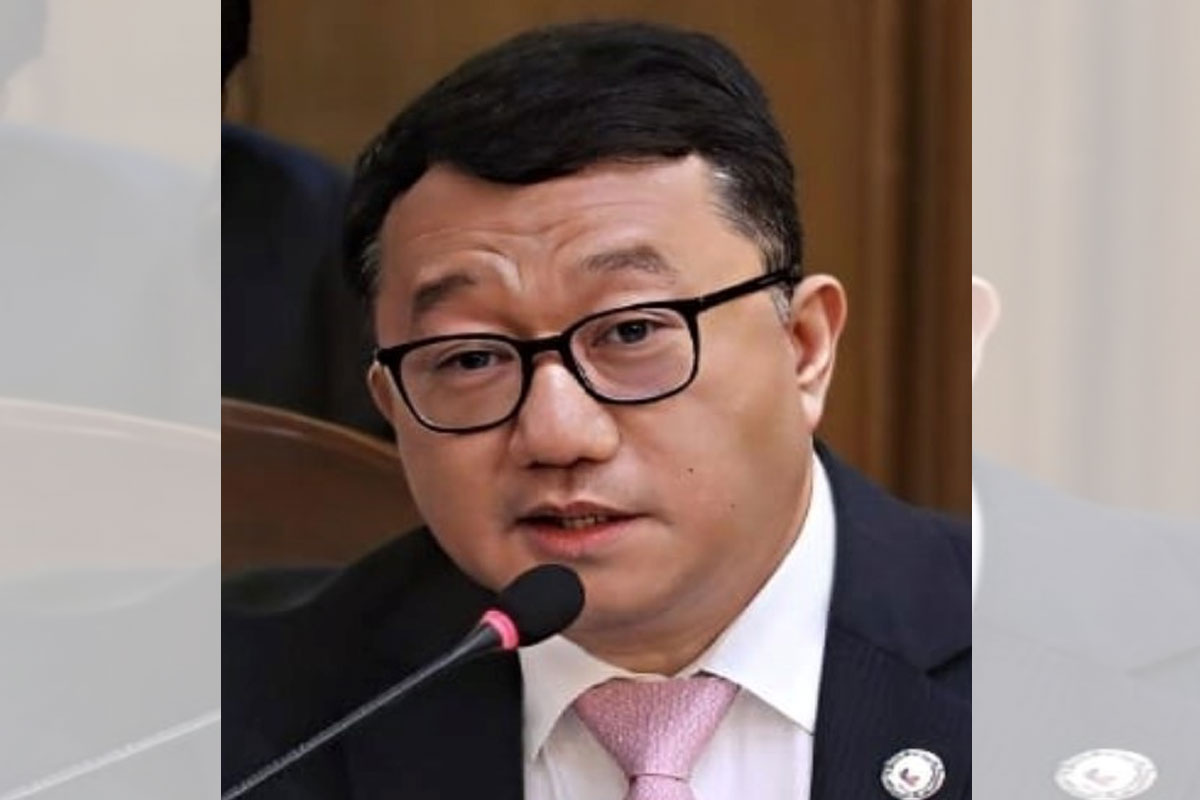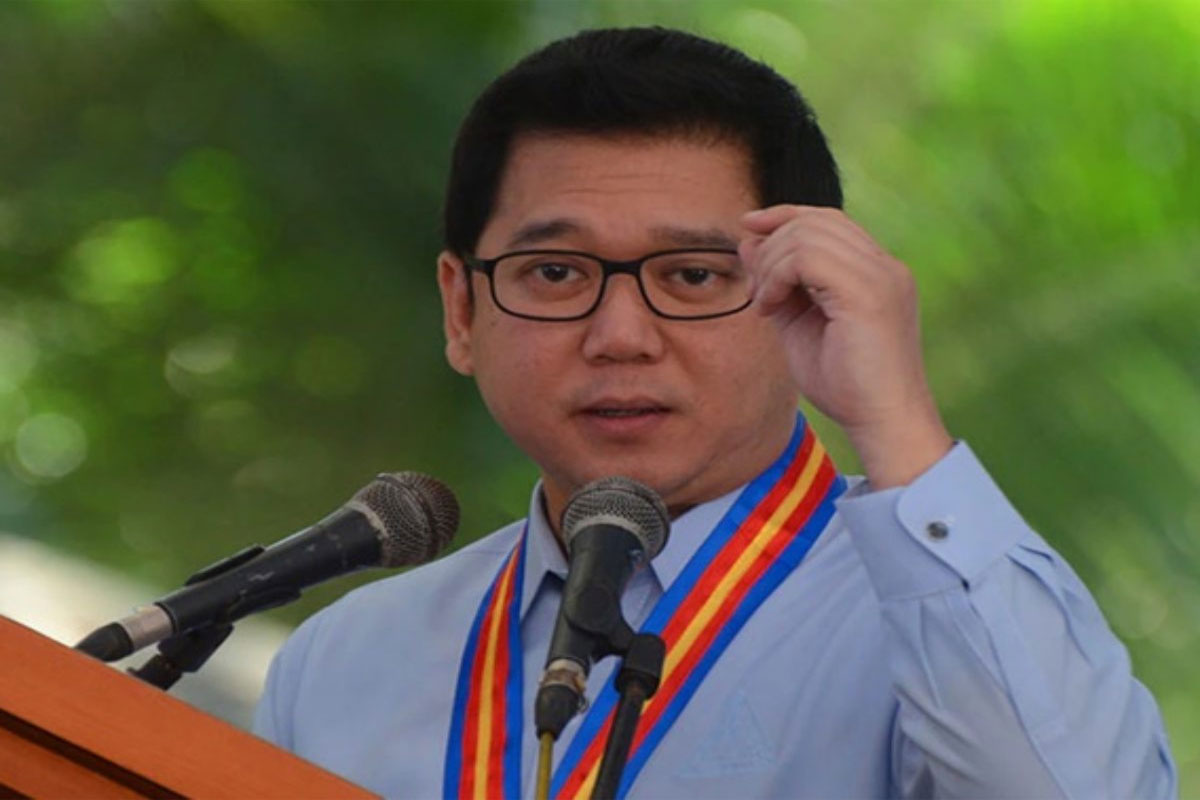
Bistek: F2F classes good for mental health
UNITEAM senatorial candidate Herbert “Bistek” Bautista on Friday said face-to-face classes should resume fully because they’re actually good for children’s mental health.
“Through return to physical work and physical classes, we are also addressing the mental health issues of children,” Bautista said.
Bautista cited a report by the World Health Organization (WHO) that at least 10 to 15 percent of the youth in the Philippines are affected by mental health issues.
“What more during the pandemic? The stress is higher for our children who are locked down,” said Bautista, who is running on a platform of Internet reform, Livelihood for all and Youth development, or ILY.
Bautista also cited an international study that showed at least 20 percent of locked down children experienced sleep disruption during the pandemic while 5.4 percent felt alone.
Earlier, Bautista appealed to the government to allow the full return of face-to-face classes, citing the disastrous effects of children unable to study in a classroom setting.
Bautista, who poured resources into public schools as three-term mayor of Quezon City, said the Philippines is already lagging behind in resuming physical classes, which have been suspended for at least two years now as part of COVID health protocols.
He cited a World Bank report last November which found that remote learning covered only 20 percent of households in the Philippines, the lowest rate together with one of the poorest countries in the world, Ethiopia.
The report, Bautista added, has placed up to 90 percent the learning poverty of the Philippines, or the rate of children failing to get proper education, during the pandemic.
The learning poverty rate in the Philippines was already high even before the pandemic—69.5 percent—which Bautista said was a sign that deep improvements in the education sector were needed.
He said there are enough protocols that can be applied to make sure face-to-face classes are safe and don’t turn into COVID superspreader events.
“Let’s use common sense first,” Bautista said. “Masks, vaccination, distancing and other measures are there to ensure the safety of teachers and students in classrooms,” he said.
“It’s embarrassing for the Philippines to be left behind by Thailand,” Bautista said, citing the return to normal of school operations in the Philippines’ Southeast Asian neighbor.
“The COVID impact on the Philippines and Thailand is almost identical,” said Bautista. “Yet, our school system’s response is weirdly different,” he said.
Pointing to the World Bank report, Bautista said distance education was nearly impossible to implement in the Philippines where only 26.9 percent of students have access to broadband internet.
While 88.8 percent of Philippine students have mobile internet access, the costs of keeping connected to the internet through mobile devices were beyond the reach of millions of students from poor families, Bautista said.
Surveys done by World Bank also showed that in Philippine households with uneducated elders, only 9 percent of children took part in remote learning activities.
“The numbers speak for themselves,” said Bautista. “They’re saying let’s reopen classrooms already,” he said.


